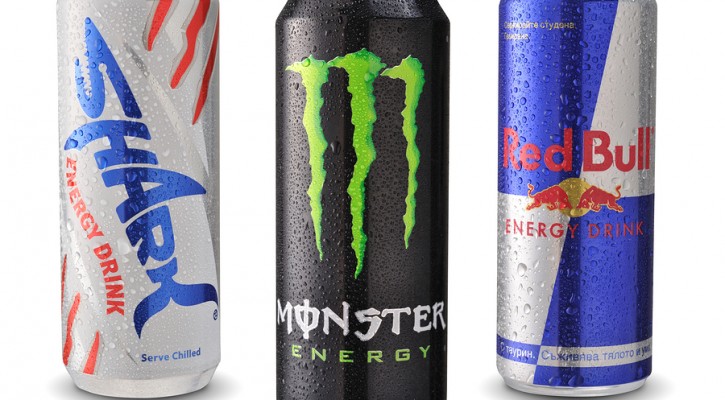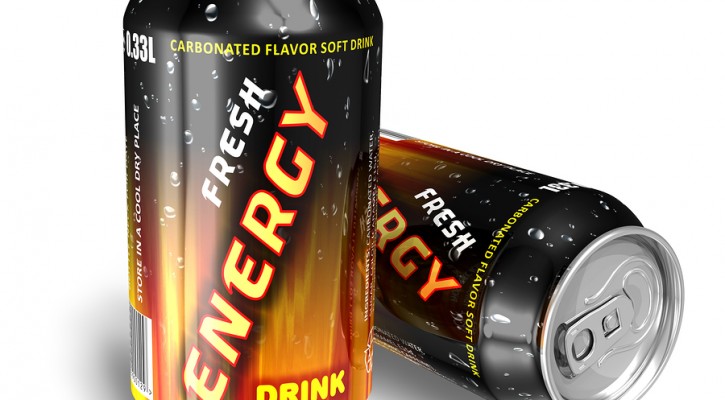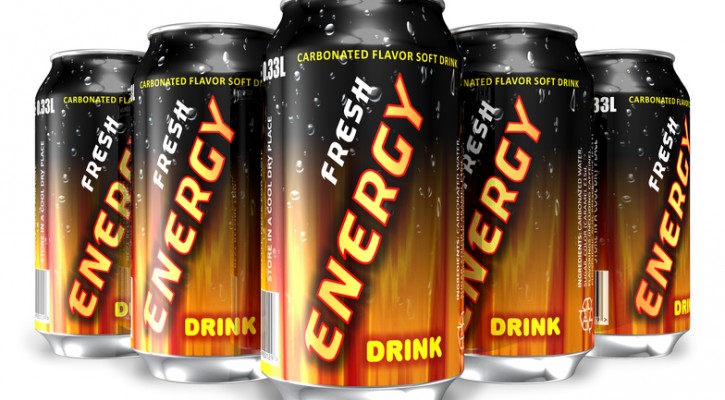Tag Archive: Energy Drinks

Another Teen Dies As A Result Of Energy Drinks
June 29, 2015
A a sixteen year old girl from Arizona died reportedly after drinking too many energy drinks.
Lanna Hamann a sixteen year old girl from Arizona was vacationing in Mexico with family and friends. After spending time out in the sun on a Mexican beach, she complained of not feeling well and difficulty in breathing. She was taken to a local clinic where she suffered a cardiac arrest and doctors were unable to revive her. An autopsy later showed that consumption of energy drinks contributed to her death.
An otherwise healthy and athletic teen, friends of Lanna reported that she loved Red Bull and, instead of staying hydrated with water, had consumed several on the day she died. According to health experts, the large amount of sugar and caffeine in the drinks can affect blood pressure and heart rhythms.
We have reported on the dangers of highly sweetened and caffeinated energy drinks and their effects on driving in the past. We have also reported on the health dangers posed by overdosing on caffeine. Health experts have reported that emergency room visits related to the use of energy drinks have doubled over the past several years.
Young people need to be aware of the dangers these drinks can pose, especially if more than one drink is consumed. Caffeine in large amounts can lead to health issues, including cardiovascular problems, seizures, and hallucinations.
The conditions on a hot day at the beach can increase the dangers posed by energy drinks. In hot weather, it’s easy to become dehydrated. According to WebMD.com, dehydration can lead to
- Weakness
- Dizziness
- Palpitations (feeling that the heart is jumping or pounding)
- Confusion
- Sluggishness fainting
- Fainting
- Inability to sweat
- Decreased urine output
Staying hydrated by using water or fruit drinks is important. Caffeinated drinks have a diuretic effect that keeps the body from retaining fluids. The effects of dehydration combined with the effects of high amounts of caffeine can increase the risk of health problems.
Read more: Energy Drinks Blamed For Vacation Death Of 16-Year-Old Girl

Energy Drink Related Emergency Room Visits Double
April 30, 2014
According to a report released in January 2013 by the Substance Abuse & Mental Health Services Administration, ER visits related to the use of so called energy drinks doubled from 10,068 visits in 2007 to 20,783 visits in 2011.
We were among the first to write about the issue of energy drinks and their effect on health and driving back in 2009 and have published several articles since but the warning bears repeating.
Energy drinks contain large amounts of caffeine and sugar and are marketed mostly toward young people as a way to gain energy, stay awake, or lose weight. Energy drinks are unregulated and there are really no limits on how much caffeine can be added to a drink.
The problem comes when young people, with their busy schedules, try to use the energy drink as a substitute for sleep. Once the effect of the caffeine wears off, a sleep deprived person will not be able to remain awake.
Another problem is “caffeine intoxication” which comes from overdosing on caffeine, leading to anxiety, excitability, restlessness, and an inability to concentrate. Caffeine in large amounts can lead to even greater health issues, including cardiovascular problems, seizures, and hallucinations.
A real danger comes when the energy drinks are mixed with alcohol or other drugs. According to the report, “bar patrons who consumed alcohol mixed with energy drinks were 3 times more likely to leave a bar highly intoxicated and were 4 times more likely to intend to drive while intoxicated than those who did not consume alcohol mixed with energy drinks.”
The report went on to say: “Of the 20,783 ED visits involving energy drinks in 2011, 58 percent involved energy drinks only and the remaining 42 percent involved other drugs. Pharmaceuticals were most commonly combined with energy drinks (27 percent), with 9 percent involving energy drinks and central nervous system stimulants (e.g., Adderall®, Ritalin®). About 13 percent of visits involved energy drinks and alcohol and one tenth of visits (10 percent) involved energy drinks and illicit drugs, with 5 percent involving energy drinks and marijuana.”
Some health experts have called for the FDA to regulate energy drinks and to place warnings on the labels. Canadian health officials enacted regulations beginning in January 2013 that limit the amount of caffeine in one drink to 180 mg or roughly the same amount as that contained in an eight ounce cup of coffee.

Energy Drink Related Emergency Room Visits Double
March 9, 2014
According to a report released in January 2013 by the Substance Abuse & Mental Health Services Administration, emergency room visits related to the use of so called energy drinks doubled from 10,068 visits in 2007 to 20,783 visits in 2011.
We were among the first to write about the issue of energy drinks and their effect on health and driving back in 2009 and have published several articles since but the warning bears repeating.
Energy drinks contain large amounts of caffeine and sugar and are marketed mostly toward young people as a way to gain energy, stay awake, or lose weight. Energy drinks are unregulated and there are really no limits on how much caffeine can be added to a drink. Continue Reading

The Effects of Energy Drinks and Driving
December 11, 2009
There are many common misconceptions about energy drinks. Since they are marketed as supplements (and often times sold in health food stores), many people assume they are healthy. Or at the very least they assume energy drinks are not unhealthy. However, energy drinks are more harmful than many people realize. The FDA regulates how much caffeine a company can put in its soft drinks. A 12 ounce soft drink may have no more than 71 mgs of caffeine. However, many energy drink makers have found a way around these restrictions. By marketing their products as supplements, instead of soft drinks they are able to put as much caffeine as they wish into their drinks. Some energy drinks on the market have over double the amount of caffeine the FDA allows in soft drinks.
Ingesting such high amounts of caffeine causes people to go into an altered state, known as caffeine intoxication. Many characteristics of caffeine intoxication are similar to the characteristics of alcohol intoxication. People experiencing caffeine intoxication experience twitching muscles, increased irritability, and slurred speech. Additionally, people who drink energy drinks often become more willing to take risks and are more likely to become distracted. It is a recipe for disaster when a distracted, irritable person who is likely to take risks gets behind the wheel of a car.
When a person uses energy drinks to compensate for missing a good night’s sleep it becomes far more dangerous. Caffeine cannot compensate for the mental and physical alertness that a person gets from a full night of sleep. For a short time caffeine may seemingly do the trick. The effects of the caffeine in energy drinks may help mask a driver’s fatigue for a short while. However, when the effects begin to wear off drivers become increasingly more fatigued and their reaction times and ability to concentrate suffer greatly. Many people describe a crashing effect and they become more acutely aware of their mental and physical fatigue. This feeling is commonly referred to as crashing, which can be likened to the hangover people have the day after a long night of drinking.
Instead of turning to caffeine drinks for artificial energy people preparing to go on a long drive should get a full night of sleep. Additionally, they should take frequent stretch breaks, stay hydrated and take power naps if needed to ensure they are mentally and physically alert on the road.
Read more driver safety tips and dangers related to energy drinks at National Safety Commissions Driver Alerts Blog.
